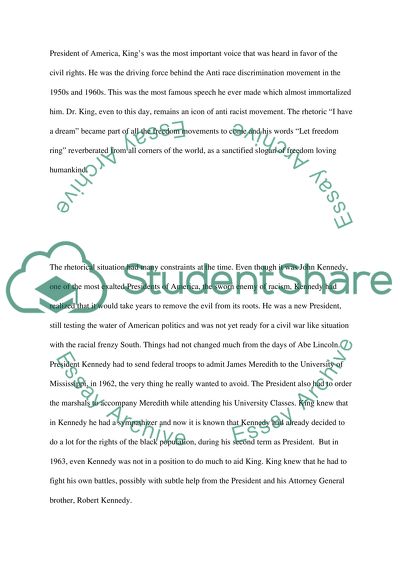Cite this document
(I Have a Dream: Situational Analysis Assignment, n.d.)
I Have a Dream: Situational Analysis Assignment. https://studentshare.org/journalism-communication/1524750-i-have-a-dream-situational-analysis
I Have a Dream: Situational Analysis Assignment. https://studentshare.org/journalism-communication/1524750-i-have-a-dream-situational-analysis
(I Have a Dream: Situational Analysis Assignment)
I Have a Dream: Situational Analysis Assignment. https://studentshare.org/journalism-communication/1524750-i-have-a-dream-situational-analysis.
I Have a Dream: Situational Analysis Assignment. https://studentshare.org/journalism-communication/1524750-i-have-a-dream-situational-analysis.
“I Have a Dream: Situational Analysis Assignment”. https://studentshare.org/journalism-communication/1524750-i-have-a-dream-situational-analysis.


